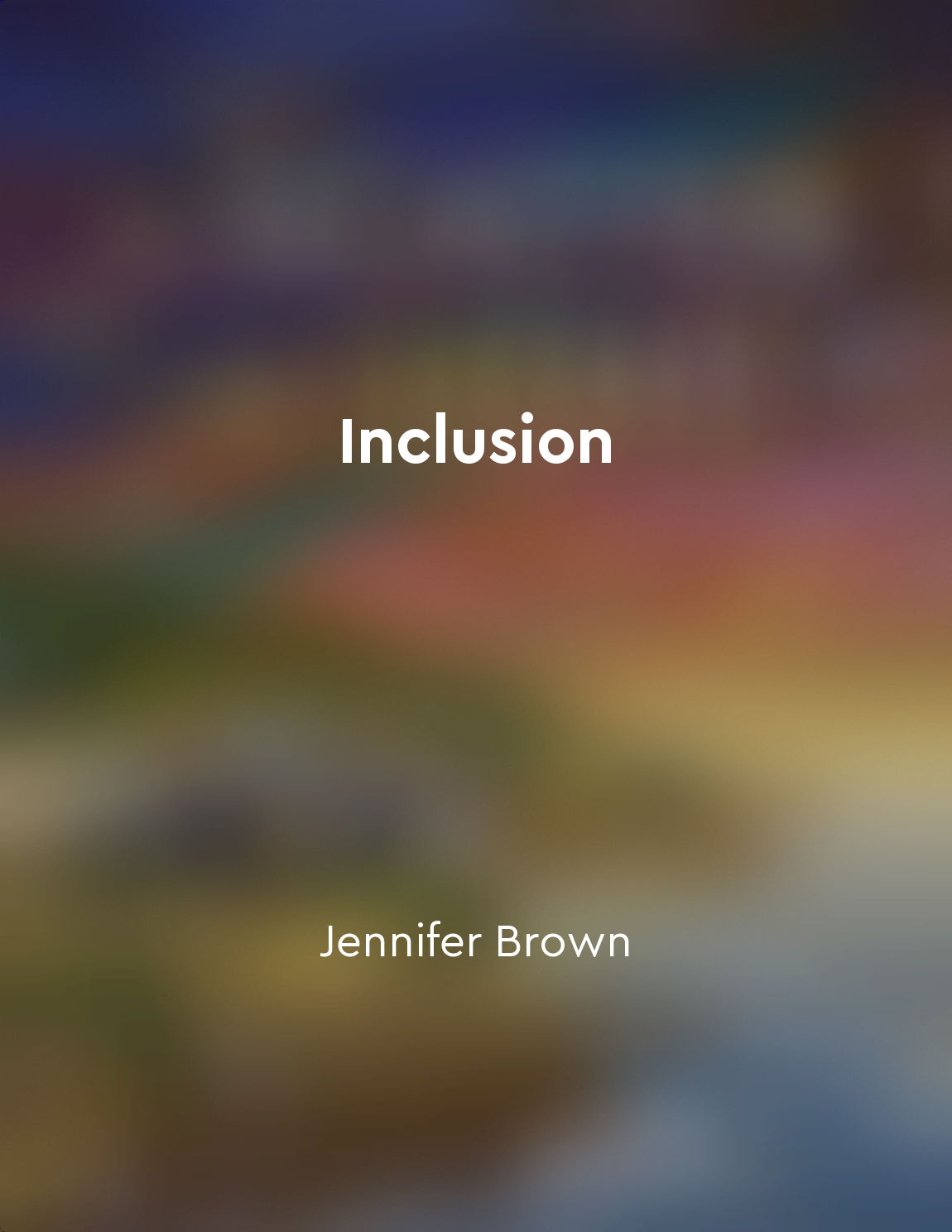Overcoming biases from "summary" of How to Be an Antiracist by Ibram X. Kendi
To be antiracist is to recognize and acknowledge one's biases, and actively work to overcome them. Bias is the result of years of conditioning and reinforcement, shaped by societal norms and structures. It is not something we are born with, but rather something that is learned and perpetuated. Overcoming biases requires a commitment to self-awareness and introspection. It means challenging our preconceived notions and assumptions, and being open to new perspectives and experiences. It is a continuous process of unlearning harmful beliefs and behaviors, and actively seeking out knowledge and understanding. One of the key ways to overcome biases is through education and exposure. By learning about different cultures, histories, and experiences, we can begin to dismantle the stereotypes and prejudices that have been ingrained in us. This requires a willingness to engage in uncomfortable conversations, and to confront our own complicity in perpetuating harmful narratives. Another important aspect of overcoming biases is empathy and compassion. It is about recognizing the humanity in others, and treating them with respect and dignity. This means listening to and validating the experiences of others, even if they differ from our own. It is about recognizing the ways in which we have benefited from systems of oppression, and working to dismantle those systems.- Overcoming biases is a lifelong journey. It requires humility and a willingness to admit when we are wrong, and to make amends for past mistakes. It is about recognizing that change is possible, and that we all have the power to create a more just and equitable society. By actively working to overcome our biases, we can become true antiracists, committed to fighting against injustice and inequality in all its forms.
Similar Posts
Childhood in rural Mississippi
Growing up in a small town in rural Mississippi meant that our childhoods were shaped by poverty, racism, and violence. The lan...
Focus on the outcome and not on winning the argument
When engaged in a crucial conversation, it is vital to keep the ultimate goal in mind. Rather than focusing solely on proving y...
Social comparison theory posits that individuals evaluate themselves by comparing themselves to others
Social comparison theory suggests that individuals have a natural tendency to evaluate themselves by comparing themselves to ot...

Courage is needed to confront racism
Confronting racism is not for the faint of heart. It requires a willingness to enter into uncomfortable conversations, challeng...

Listening to diverse perspectives
To be antiracist is to recognize that we don't have all the answers, that our perspective is limited by our own experiences and...

Foster a sense of community
Creating a sense of community is essential in fostering inclusivity in any setting. When individuals feel connected to those ar...

